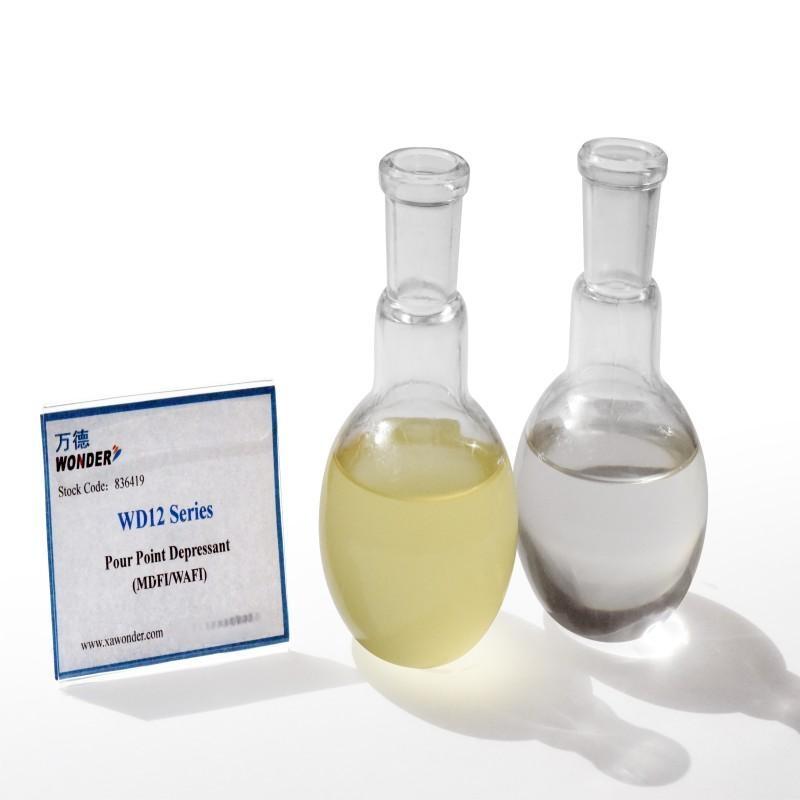-
Categories
-
Pharmaceutical Intermediates
-
Active Pharmaceutical Ingredients
-
Food Additives
- Industrial Coatings
- Agrochemicals
- Dyes and Pigments
- Surfactant
- Flavors and Fragrances
- Chemical Reagents
- Catalyst and Auxiliary
- Natural Products
- Inorganic Chemistry
-
Organic Chemistry
-
Biochemical Engineering
- Analytical Chemistry
-
Cosmetic Ingredient
- Water Treatment Chemical
-
Pharmaceutical Intermediates
Promotion
ECHEMI Mall
Wholesale
Weekly Price
Exhibition
News
-
Trade Service
Since mid-June, the Fed's attitude and expectation of vigorously raising interest rates have triggered the rise of the US dollar, pessimistic expectations of a global recession have deepened concerns about oil demand growth, and international oil prices have seen a wave of continuous volatility and decline, returning to the level of
the beginning of the year.
At the same time, the price structure fell sharply, and the first price spread of Brent crude oil fell to $0.
6 per barrel on August 16, reaching the lowest level
since April.
1.
The main factors inhibiting oil prices in the future market
Liquidity crunches caused by the Fed's sharp interest rate hikes, the strength of the US dollar and downside risks to capital markets will remain the main pressure
on oil prices in the future.
The Fed has plans to double the pace of balance sheet reduction from September, and on August 26, Powell's speech at the Jackson Hole Central Bank Annual Meeting focused on reiterating the Fed's policy objective of suppressing inflation, and the future rate hike path will be more hawkish, with a 75 basis point rate hike likely in September and a possible continuation of sharp rate
hikes in November and December.
After Powell's speech, U.
S.
stocks fell in response, and the chief investment officer of Bridgewater United Fund warned that assets such as U.
S.
stocks and U.
S.
bonds will fall by 20%~25%, and the risk of falling capital markets in the future will put pressure on
oil prices.
Under the scenario of the continuation of the situation in Russia and Ukraine and the sharp interest rate hike by the central banks of Europe and the United States, the pace of economic recession in Europe and the United States may further accelerate, curbing oil demand
.
Especially in Europe, extreme heat and dry weather, sharp spikes in natural gas and electricity prices, renewed energy crises, rising inflation, the Bundesbank expects that the possibility of a recession in Germany this winter will increase significantly, economic indicators continue to deteriorate, and slowdown in transportation and industrial activity will curb the rise
in oil prices.
2.
The main factors supporting oil prices
The EU ban on Russian crude and oil products at low inventory levels may once again bring about a tight supply situation in Europe
.
The EU will stop importing Russian seaborne crude oil from December 5, embargo on seaborne oil products from February 5, and EU seaborne crude oil imports from Russia fell by only about 400,000 b/d in March, and then barely declined, meaning that the EU will have to find alternative sources for its nearly 1.
2 million b/d seaborne crude oil imports (compared to July levels) and 500,000 b/d of northern Druzhba pipeline imports by December 5, while the US Strategic Petroleum Reserve release (1 million b/d) is coming to an end in October.
At that time, it is likely that the situation of resource constraints will be restored
.
Of course, judging from the actual situation of EU sanctions in May, there is still uncertainty
about the implementation of the EU embargo this round.
From the perspective of energy price comparison, crude oil has become the cheapest primary energy source, which is difficult to sustain
for a long time.
Converted to the same calorific value comparison, Brent crude oil, Australian thermal coal and Asia-Pacific JKM prices on August 25 were 16.
92, 17.
54 and 71.
01 US dollars / million British thermal respectively, since mid-August, crude oil prices have been lower than coal and natural gas prices, this price relationship is difficult to sustain for a long time, due to the primary energy substitution relationship, crude oil prices have been supported
.
3.
The Iranian nuclear agreement is the biggest uncertainty
There are great variables in the negotiations on the Iranian nuclear agreement
.
Previously, the United States has rejected the additional conditions proposed by Iran, the Iranian side is evaluating the US response, the EU continues to coordinate and organize a new round of negotiations, and the final result needs to be closely watched
.
If the Iranian nuclear agreement is reached, Iran is expected to immediately release about 100 million barrels of onshore inventory and offshore floating storage, and may increase production by about 1 million barrels / day in 4~6 months, although OPEC related people said recently, if the Iranian nuclear agreement is reached, production cuts may be synchronized with Iranian oil returning to the market, but if the agreement is reached, the expectation of supply easing will still put downward pressure
on oil prices of $5 / barrel or more.
In general, the conflict between Russia and Ukraine continues before the end of this year, and the global economy continues to decline
.
The mid-term elections of the US government are approaching, and the strength of the US dollar and the downside risks of the capital market triggered by the Fed's continued sharp interest rate hikes still put pressure
on international oil prices.
Under the scenario that the Iranian nuclear agreement has not been reached, the release of the US Strategic Petroleum Reserve will end in October, and the EU will ban the shipping of Russian crude oil from December 5, and the oil supply may be tight again, and it is expected that the main operating range of Brent oil price will still be 90~110 US dollars / barrel
before the end of the year.
Focus on the impact of the Fed's sharp interest rate hikes, the progress of the Iranian nuclear agreement, and the implementation of
the EU's ban on Russian crude oil shipping.







